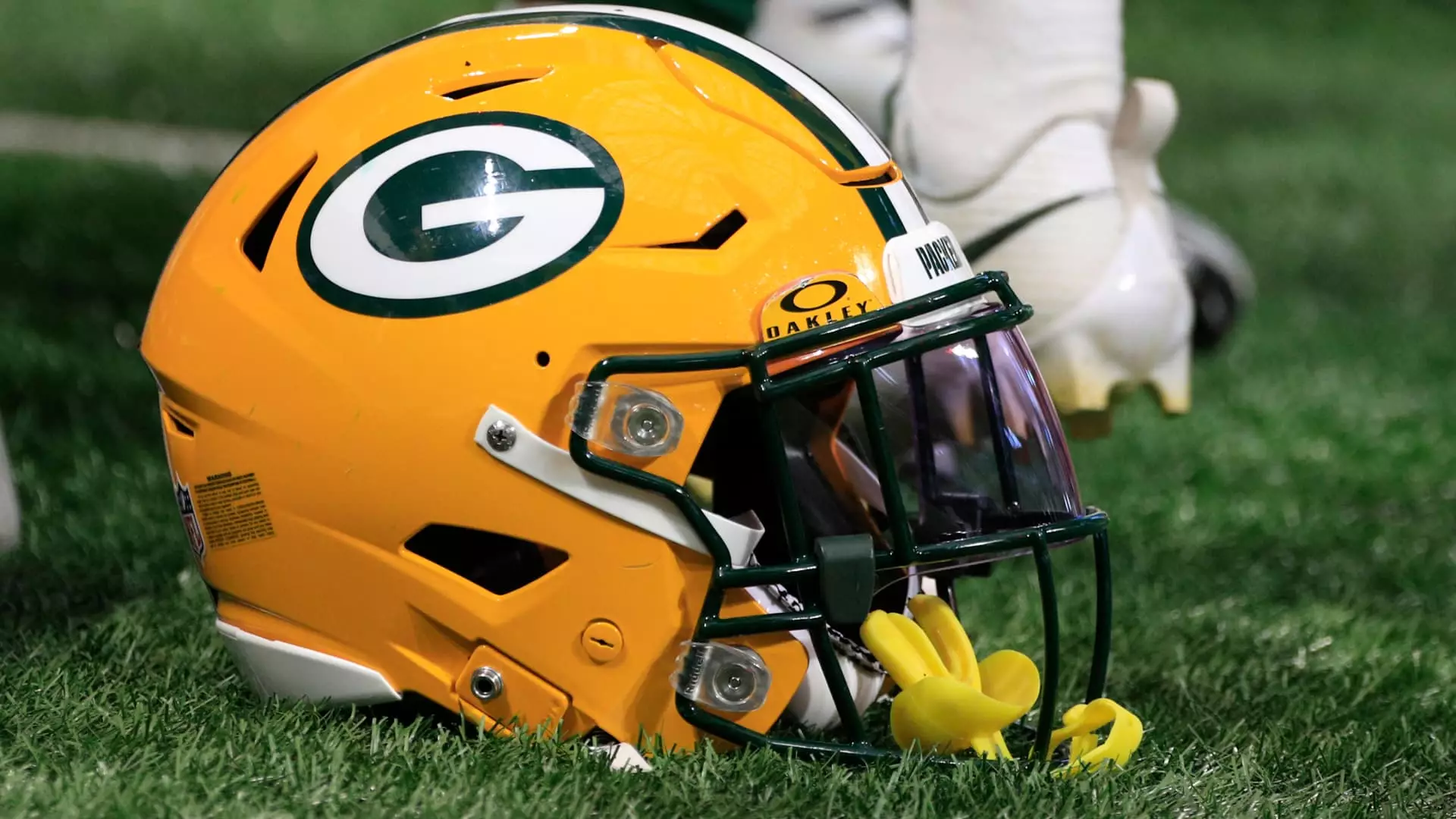The Distinctive Ownership of the Green Bay Packers: An Analysis

The Green Bay Packers stand alone in the National Football League (NFL), showcasing a unique ownership model that diverges sharply from the traditional ownership structures seen in professional sports. As the only team that is publicly owned, the Packers not only represent a historical anomaly in the NFL but also in the broader landscape of North American professional sports. This article delves into the implications of their ownership structure, financial performance, and its standing within the league.
The Packers’ ownership model dates back over a century, with their first stock offering in 1923. Since then, five subsequent offerings have further expanded their ownership base, resulting in an impressive 5.2 million outstanding shares held by more than half a million individual shareholders. This collective ownership fosters a deep-rooted sense of community and loyalty among fans, as they are not merely spectators but stakeholders in the team’s legacy. However, it’s essential to recognize that owning shares in the Packers comes with significant restrictions; shareholders cannot sell their shares on the open market, and the shares themselves provide no dividends or monetary gain. Thus, the status of “owner” is largely symbolic, aimed at preserving the Packers as a community resource rather than a profit-driven enterprise.
Evaluating the financial performance of the Packers is equally intriguing. In 2023, the franchise generated a revenue of $638 million, with earnings before interest, taxes, depreciation, and amortization (EBITDA) amounting to $128 million. Despite these impressive figures, the Packers operate under a nonprofit model, which means that all revenues are reinvested into the team and its facilities. This model sharply contrasts with many of their NFL counterparts, whose owners typically extract profits from their franchises. The Packers allocate resources to maintain the iconic Lambeau Field, pay salaries, and handle marketing costs.
While the financial health of the team suggests stability, it also contains unique challenges. For instance, their nonprofit status means that they lack the incentive structures often seen in for-profit organizations, where swift decision-making and profitability are prioritized. The Packers’ reliance on stock offerings to navigate financial uncertainties raises questions. Would a for-profit model provide more flexibility in times of need? Or does their community-focused approach bind them to certain values that prioritize long-term stability over short-term gains?
Despite the benefits associated with community ownership, there are substantial limitations. Recent trends within the NFL highlight a growing interest from private equity investors, who typically seek lucrative returns on their investments. The Packers, however, are largely insulated from this influx of capital due to restrictions on ownership and the unique characteristics of their stock offerings. With a cap of 200,000 shares per private investor and a rule permitting only 10% ownership by approved firms, the Packers face obstacles in attracting outside investment that could otherwise bolster their financial muscle.
The sporadic nature of stock offerings adds another layer of complexity. These events are rare, with the last offering occurring in 2021 and selling shares at a price of $300 each. Given that the average NFL team valuation is closer to $6.49 billion, the relative affordability of Packers shares still poses challenges for fans interested in ownership. The timeliness of opportunities plays a pivotal role in whether fans can engage with the team financially.
A Legacy Forged in Stability and Community Engagement
Ultimately, what distinguishes the Packers is not solely their ownership model, but the way they represent small-town America in a league dominated by big cities. Green Bay is unique in its status as the smallest television market in the NFL, lacking the tourist influx that benefits franchises in cities like Los Angeles and New York. Yet, the Packers enjoy a passionate fanbase that thrives on the team’s legacy and continuity—qualities that create an emotional investment beyond mere financial calculations.
The Green Bay Packers serve as a case study for the intersection of sports, community, and finance. Their distinctive ownership structure is emblematic of a bygone era where the lines between leisure and local identity blur. While their financial model presents both opportunities and complications, the Packers continue to foster a sense of belonging and pride that is perhaps unmatched in the world of professional sports.





